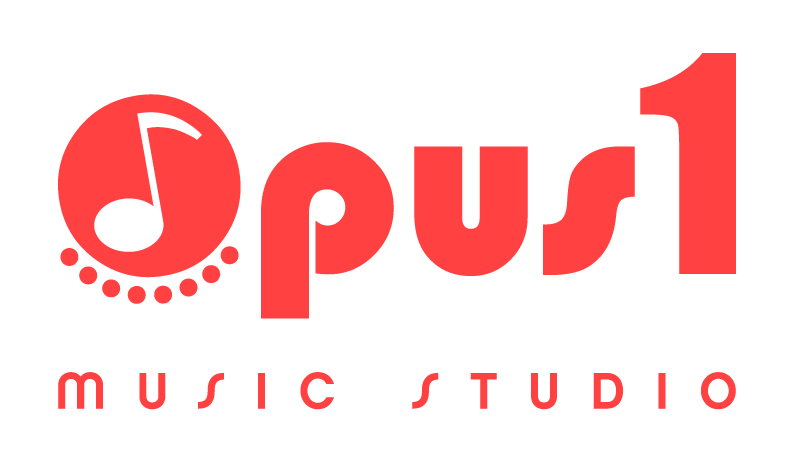Dr. Tyler Harrison tells us about his latest composition, Symphony for Wind Ensemble. We discuss what it takes to be a composer and how lifes challenges can provide an opportunity for creativity and expression.
What led you to become a composer?
I was a shy child, but I was involved in music from a young age. When I was four years old my parents asked me to sing for a group of people. I just stepped forwards and suddenly I wasn’t shy anymore! From that point on, I was always performing. I started piano at 8 - I played a lot of Billy Joel and Elton John until I was a little older. Then I heard a recording of Vladimir Horowitz and I was mesmerized by his playing. I became fascinated with piano concertos. In my teenage years, I started to hear music. What really drew me to being a composer was that it was the most powerful expression of myself that I could achieve in this life. I can express myself wholeheartedly in my music.
You’ve become a largely successful composer. Can you share what education and experience helped you achieved at this point in your life?
When I was in high school, I went to the local community college to study composition. I showed the professor an early piano concerto. It was obviously very elementary in its conception, but I was dead set on writing for orchestra so I came to him with a full score. By the time I got to Manhattan School of Music, I got to play one of my concertos in a recording session with a live orchestra. That really made me euphoric for days! Ever since, I have been addicted to that feeling. My greatest influence was David Maslanka, who recently passed away. He was my mentor for 8 years and he started me on a path to writing music that was from a point of peace and hope. Many of my compositions now are about my journey from a place of angst in my younger years to a point of inner peace and joy. I try to convey this peace to an audience so that they will experience the happiness and fulfilment that I experience through music.
Students hear about Bach, Beethoven, and Mozart as composers. What is it like being a modern-day composer?
Being a composer is tough. I’ve been lucky in that my college professors were able to help me network and form connections with conductors over the years. It’s a very tight knit community but it’s not easy to get performances. For example, I’ve had 3 performances of my piano concerto. That is a huge time commitment for an ensemble to play a piece that is 26 minutes long. It can get a little disheartening at times because with a symphony or a concerto, if you are not constantly promoting the piece, it dies. I probably relate the most to Beethoven since his music is very much the story of his life and demeanor. So in some ways, composition hasn’t changed.
Compositions are very personal pieces to their creator. Is there any info you’re willing to share about your motivations for composing your new symphony?
I was living in LA when I started this piece. I was really struggling there not only with my career in film music, but also with understanding what I wanted out of the music. I realized that what I wanted was an expression of me. I didn’t want to express someone else’s ideas through my work, so my heart just wasn’t in it. That’s one of the reasons I started teaching. I can walk into a piano studio and teach someone of any age. Even if I am tired or distracted that day, I am happy and calm by the end of the lesson because my heart it in it. Composing my own music lets me have my own voice. And what I have to say is something.
What suggestions do you have for students who’d like to be composers someday?
I would let them know that nothing about composition is convenient. To start, you have to learn counterpoint, write a melody, understand harmony, how to write chorals. Even if you can hear the music and you find a teacher, you can’t be a composer if you don’t work at it constantly. You are the only one who can advocate for your work. You have to work at it daily, just like piano or any other pursuit in life. Composition to a full score is an especially big process. Most importantly if you want to write for orchestra or for a large ensemble, you need to get in front of them. Go to a conductor at your school or college, find someone to give you a reading. And then, if the sound doesn’t match what you wanted, go back to the drawing board. It may be an inconvenience but you have to do it if you really want it. At the end of the day, your music ceases to matter if you give up. If you want it, you can’t quit.
Thank you for sharing Tyler! Schedule a trial piano lesson and get to know Tyler today!

